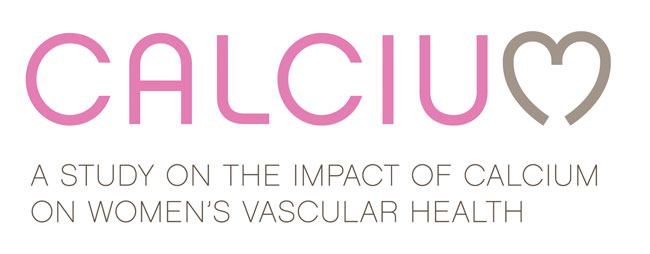 McGill study to determine if calcium supplements increase risk of cardiovascular events
McGill study to determine if calcium supplements increase risk of cardiovascular events
Make no bones about it, calcium is essential for good health. Get enough calcium in your diet and chances are your bones will be stronger and denser, helping protect against fractures and osteoporosis. But what about calcium supplements? Some recent research reports a possible association between calcium supplements and an increased risk of cardiovascular events such as heart attacks and strokes.
McGill researchers are currently conducting a one-year study specifically designed to investigate if calcium supplements have a different effect on vascular health in postmenopausal women compared to calcium obtained from food.
Registered Dietician, Angel Ong, is the study’s research dietitian. She recently spoke to the Reporter about the importance of calcium in one’s diet, and the difference between calcium supplements and calcium found in food.
What is calcium and why is it important for your body?
Calcium is an essential nutrient for optimal bone health that protects bones against osteoporosis and fractures. An adequate intake of calcium is associated with higher bone mineral density, stronger bones and fewer fractures in adults.

How much calcium do you need and what are some good sources of calcium?
According to the Institute of Medicine, 1,000 milligrams of calcium per day is recommended for adults between the ages of 19 to 50 years and 1,200 milligrams of calcium per day for adults over the age of 50. Good dietary sources of calcium include milk and dairy products, non-dairy beverages enriched with calcium, canned salmon with bones, and dark leafy green vegetables. Calcium can also be found in the form of supplements.
Is it possible to get enough calcium from the diet alone?
Osteoporosis Canada recommends everyone to obtain their calcium through diet whenever possible. While calcium is found in numerous foods, some people may find it difficult to obtain the recommended amounts of calcium from food alone. Calcium supplements can help those who don’t get enough calcium in their diet to meet the requirements of their age group.
Is there a link between calcium supplements and cardiovascular problems?
There have been conflicting reports regarding the safety of calcium supplements. Some research groups report a possible association between the use of calcium supplements and an increased risk of cardiovascular events such as heart attacks and strokes, while other have found no effect. Many questions remain as none of these studies were specifically designed to assess the impact of calcium supplements on vascular health.
Researchers Dr. Suzanne Morin and Dr. Stella Daskalopoulou from the McGill University Health Centre are currently conducting a one-year study specifically designed to investigate if calcium supplements have a different effect on vascular health in postmenopausal women compared to calcium obtained from food. If you are a healthy postmenopausal woman (more than two years since the last menstrual period), over the age of 50 and a non-smoker, you may be eligible to participate in this study. For more information, please contact the Calcium research team at 514-934-1934 extension 45742 or via email, or consult the Calcium Study webpage.

